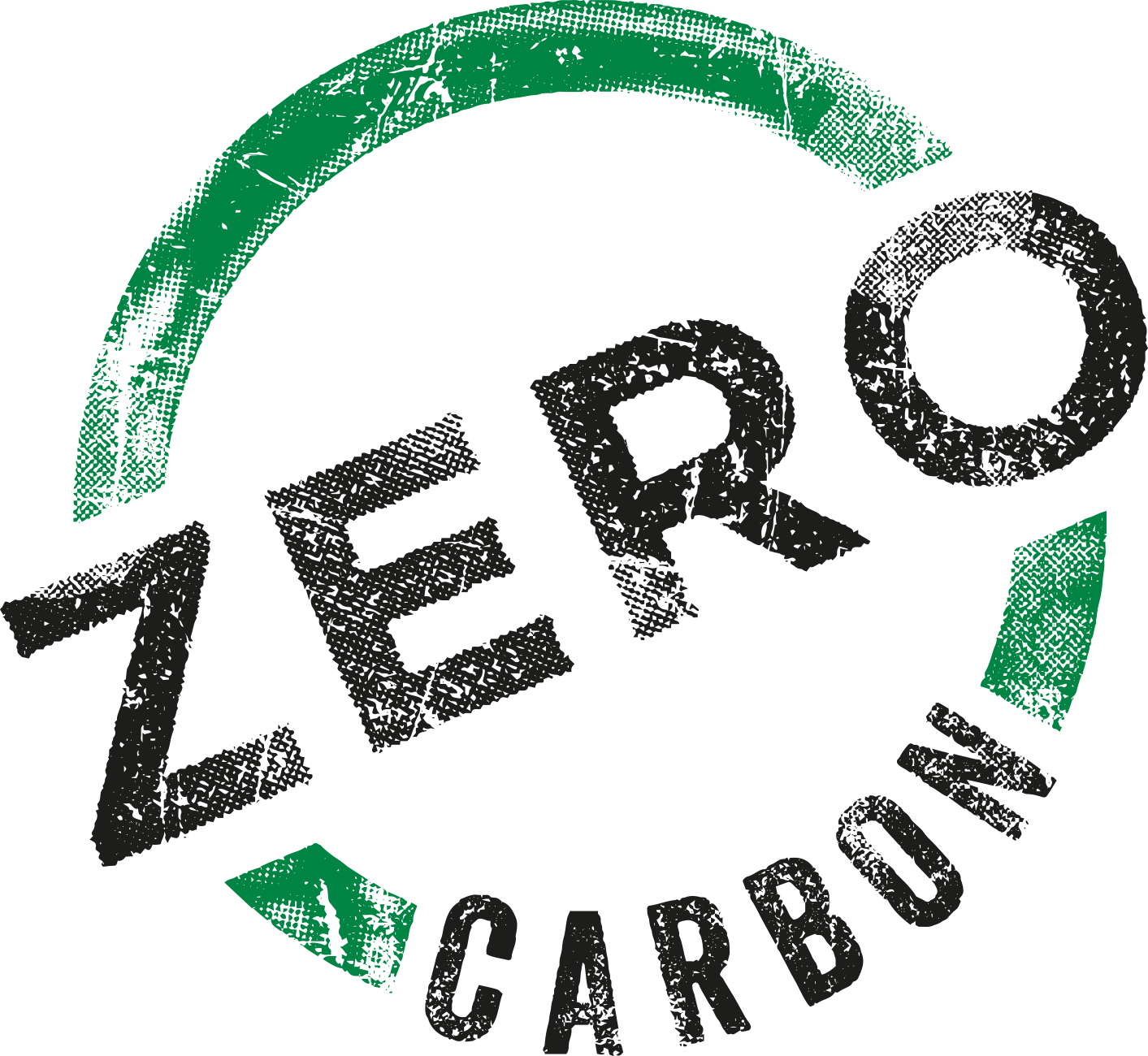Article: Carbon charging is a huge cost opportunity for UK agriculture
Farmer Martin Lines, chair of the Nature Friendly Farming Network, puts forward the case for a robust payment framework to incentivise carbon sequestration in UK agriculture
The UK farming landscape is currently undergoing a seismic shift.
More so than any other sector of the UK economy, agriculture will look substantially different after Brexit. The new Agriculture and Environment Bills, and other bills that devolved governments will pass, are seeking to support the sustainable production of high-quality, high-welfare produce, whilst there are expectations that a shift from subsidy (the Common Agricultural Policy) to reward (land management outcomes) will foster more strategic consideration of the way we use land, as well as what we produce from it.
There is hope that these changes will mark a significant step-change for the sector, but they do not yet address one fundamental concern: the greenhouse gases that are produced as a result of farming practices. In 2019, agriculture accounted for nine per cent of UK emissions. Unusually in comparison to other sectors, the majority of these emissions are not 'priced', nor are they uniformly measured across different farming systems. These barriers must be overcome if we want to support a transition towards low-carbon agriculture, and meaningfully reward the land-use changes that are required to achieve the UK's legislated target of net zero emissions by 2050.
